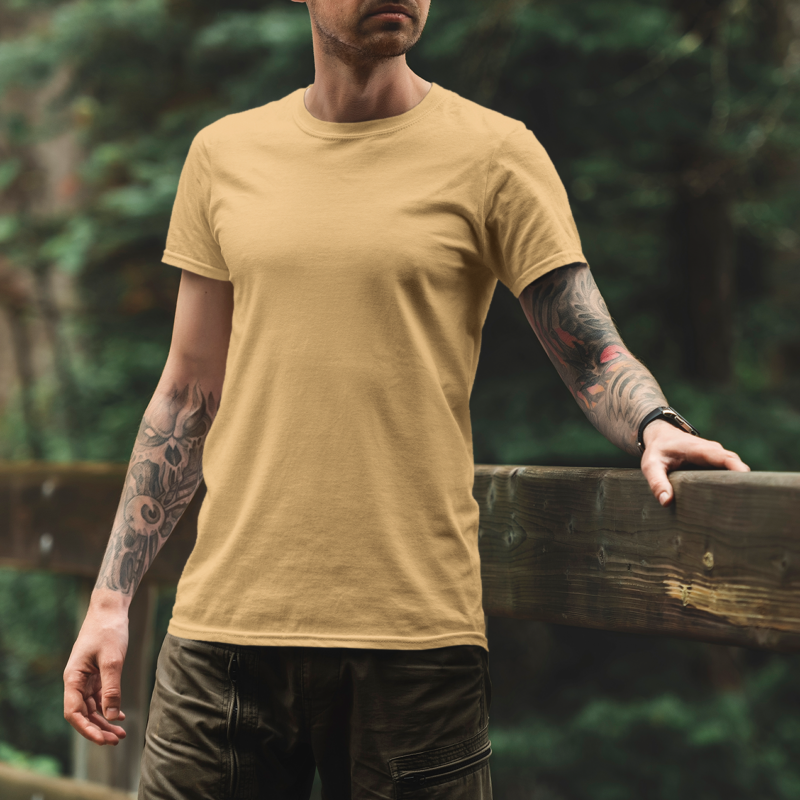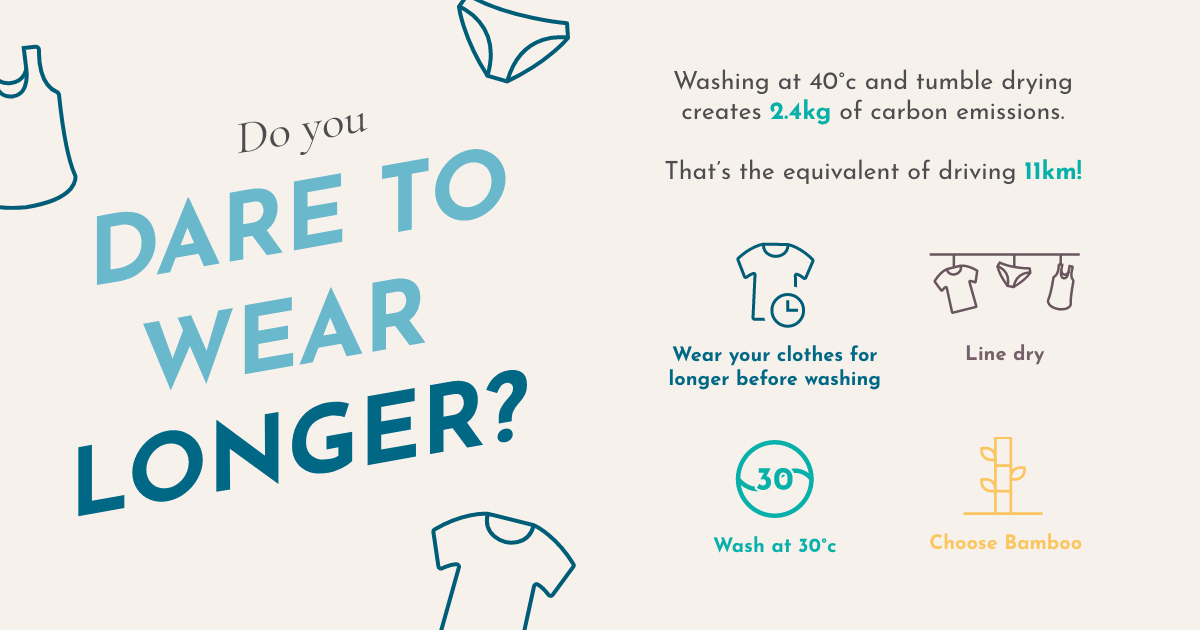Good Suggestions To Picking Bamboo Clothes
Wiki Article
What Makes Hemp More Durable Than Cotton When It Comes To Regarding Water Usage, Pesticides Or Herbicides?
Hemp is a much more durable crop than cotton due to a variety of reasons.
Hemp is a water-loving plant. Its needs are relatively low compared with other crops like cotton. It's a drought resistant plant that can grow with minimal water. Hemp is able to be grown in numerous regions using only rainwater making it an effective water-saving option.
Cotton- Conventional cotton is notorious for its heavy water use. Cotton farming is typically heavily irrigated, which could drain water resources in the area and lead to water shortages. The water-intensive nature of cotton cultivation has raised concerns regarding its sustainable nature.
Herbicides and pesticides
Hemp- Hemp naturally wards off many ailments and pests, so it's less likely to need chemical herbicides or pesticides. Even though some hemp plants might require minimal pest management methods to maintain their health, the overall dependence on chemical inputs, such as cotton, is much less than for other crops. Hemp cultivation is almost free of pesticides.
Cotton- Conventional conventional cotton farming is heavily dependent on pesticides that are synthetic. Herbicides can also be used to control weeds. These chemicals can cause harm on the environment. This includes water and soil pollution as well as damaging animals that are not targeted and resistance to pesticides.
In the end the hemp crop has been found to be more sustainable when contrasted with cotton. This is due to the fact that it uses less water, pesticides, and herbicides.
Hemp requires less water to grow and is often grown with water from rain, with no irrigation, or without irrigation at all.
Hemp is naturally resistant to diseases and pests, which makes it less reliant on pesticides.
Hemp is usually grown using fewer pesticides and herbicides than conventional cotton.
It is important to note that environmentally sustainable and sustainable methods can differ between producers and in different regions. Additionally, organic farming methods increase the sustainability of hemp and cotton, by reducing the usage of synthetic chemicals as well as enhancing soil health. Concerning the impacts that textiles and clothing can have on the environment, choosing organic, sustainably-produced fibers like cotton or hemp can help minimize the impact. Follow the most popular hemp clothing for website tips including patagonia hemp island pants, hemp fabric clothing, hemp apparel, patagonia volley shorts, patagonia iron forge jacket, hemp dress, clothes made from hemp, patagonia double knee pants, hemp jeans, patagonia hemp work pants and more.

How Does Hemp Improve The Carbon Sequestration Process And Sustainably?
Hemp fibers aid in carbon storage, sustainability and crop rotation in a variety of ways. This makes them an ideal choice for textile and agricultural production.
Rapid Growth- Hemp is a fast-growing plant that matures within 70-120 days, depending on the variety of plants and the growing conditions. In their rapid growth phase hemp absorbs carbon dioxide from the atmosphere through photosynthesis. The carbon uptake is a major contributor to carbon sequestration through decreasing the levels of CO2 in the air.
Hemp has a significant biomass production. The dense foliage and long stalks of hemp create large amounts of organic matter. If this biomass is used in the soil for a variety of purposes, it can help to increase the quantity of organic carbon.
Sustainability:
Hemp crops need lesser herbicides and pesticides when compared with other crops like cotton. The hemp's natural resistance to many pests, diseases and weeds decreases the need of chemical treatments. Organic hemp farming, in particular, emphasizes sustainable agriculture by avoiding synthetic chemical substances.
Hemp can be irrigated using little water, unlike traditional cotton, which is water-intensive. This makes it more sustainable for regions with limited water resources.
The deep-rooted system of hemp can enhance the soil's health. His roots prevent soil erosion through stabilizing soil structure, and also reducing runoff. Hemp farming can increase soil microbial activities, improving soil fertility and nutrient cycling.
Hemp can easily be integrated in rotation systems. Crop rotation involves the alternation of different crops in the same field. It can aid in breaking cycle of illness and pests, reduce depletion of soil and strengthen soil structures. Hemp's role in crop rotation contributes towards sustainability.
Crop Rotation
Diversification- Hemp can be incorporated into the crop rotation system alongside other crops such as legumes, vegetables, grains or grains. This can help farmers keep their soils healthy, decrease the threat of pests specific to crop and diseases, as well as promote balanced nutrient cycling.
The hemp's roots are deep and penetrate the soil and allow it to aerate, reducing compacting and increasing water infiltration. The improved soil structure after a hemp crop benefits the subsequent crops.
Summary Hemp fibers can are beneficial to soil quality, are compatible with crop rotation as well as enhancing the carbon sequestration process as well as sustainability. They do this through rapid growth, biomass, a low use of chemicals water efficiency, and ability to work with crop rotation systems. The above characteristics make hemp cultivation a sustainable and regenerative farming practice. The resulting fibers are an eco-friendly choice for textiles and other uses. Take a look at the top rated hemp clothes info for blog examples including patagonia volley shorts, jungmaven clothing, hemp t shirt mens, clothes made from hemp, hemp golf shirts, hemp active wear, nomad hemp clothing, hemp polo shirts, organic hemp hoodie, organic hemp fabric and more.

What Are The Advantages Of Bamboo Clothing When It Comes To Comfort And The Environment?
Bamboo clothing is an excellent option for comfort and the environment.
The softness of bamboo fabric is recognized for its extraordinary suppleness. It has a silky smooth texture that feels good against the skin. Many people find bamboo clothing to be soft and luxurious and comfortable, which makes it a popular choice for intimate clothes such as loungewear, activewear, and loungewear.
Breathability- Bamboo fibers naturally breathable and moisture wicking. Air circulates through the tiny gaps which keep you cool during hot temperatures. Moisture wicking assists in drawing sweat off the skin.
Bamboo clothing is a great thermoregulating properties. It will keep you warm in colder temperatures by retaining heat close to the skin. In hot conditions, it assists you to stay cool by allowing heat and moisture to evaporate. Bamboo is able to adapt to a variety of temperatures, it's perfect for all seasons.
Hypoallergenic- Fabric that is made of bamboo is soft and hypoallergenic. It's less likely to trigger allergies or irritation. This makes it an ideal option for people with skin sensitivities and allergies.
Bamboo fibers are naturally antimicrobial and will stop the growth of the bacteria that cause odor. This is a factor that helps to maintain the freshness and freshness of bamboo clothing, even during physical activities.
Environment-
Bamboo is a sustainable resource that's highly renewable and ecologically sustainable. Bamboo is one of the fastest growing plants in the entire world. It thrives with a minimum of water, and does not require pesticides. Bamboo is able to be harvested without harming the plant, as it is able to regenerate by regenerating its roots.
Bamboo is a plant that has low water consumption. It can be grown without irrigation and is usually harvested using rainwater alone. This helps reduce the negative environmental impact of water consumption in the field of agriculture.
Biodegradability. Bamboo clothes are biodegradable. They naturally decay as time passes. This property reduces non-biodegradable waste textiles dumped in landfills.
Carbon Sequestration. Bamboo is a great plant to store CO2 during its rapid growth. Bamboo can be used as a carbon sink in order to aid in reducing climate change.
Chemical Reduction- The production of bamboo fabric usually involves fewer chemical treatments and processing steps compared to other textiles, thus reducing the environmental impact associated with textile production.
Closed-Loop Systems Bamboo fabric production employs closed loop processes that recycle water and chemicals. This minimizes waste and pollution.
It is important to remember that the impact on the environment of bamboo clothing may differ depending on the specific manufacturing process used and whether the bamboo utilized is made from sustainable and sustainably managed bamboo forests. Consumers should only buy bamboo clothing made with eco-friendly ethical practices in order to reap the greatest environmental benefits. View the recommended bamboo clothes tips for blog advice including clothes made from bamboo fiber, bamboo sweatpants, bamboo boxer shorts for men, bamboo cotton shirts, ladies bamboo tops, bamboo sports clothing, bamboo infant clothing, checkered bamboo pajamas, t shirts bamboo, mens bamboo clothing and more.
